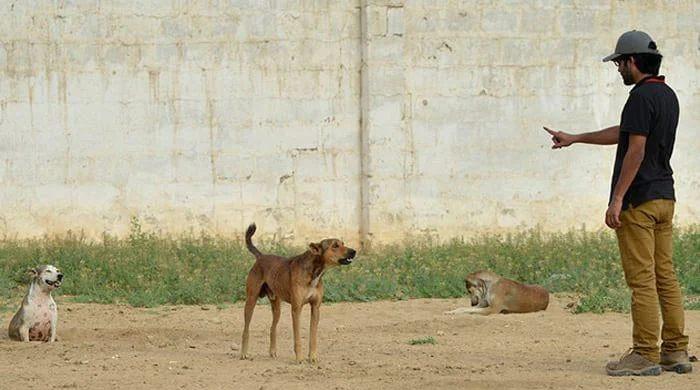Rabies Claims Six Lives in Karachi Amidst Dog Bite Surge
During the period spanning from May to August, six individuals in Karachi have tragically succumbed to rabies following encounters with dog bites, according to reports from hospital administrators on Friday.
Medical authorities have confirmed that among the deceased, three were receiving treatment at Jinnah Hospital, while the remaining three were under care at Trust Hospital in Korangi.
Across Sindh province, the cumulative death toll from rabies this year has reached 14, officials have stated. Jinnah Hospital has reported eight fatalities, while Trust Hospital in Korangi has recorded six.
Health authorities have further revealed a concerning surge in dog bite cases, with over 22,000 incidents documented thus far this year, highlighting a growing public health crisis.
Disturbingly, a significant number of individuals who have sustained dog bites do not seek professional medical attention, opting instead for home-based treatments for their wounds.
Health experts strongly advise that individuals bitten by dogs should immediately seek care at a public healthcare facility and adhere to established protocols to prevent rabies, a condition that is invariably fatal for both animals and humans once symptoms manifest.
Public awareness campaigns are crucial to emphasize the heightened prevalence of rabies cases during the summer months in regions like Pakistan.
Research indicates that stray dogs are more prone to contracting rabies under extreme heat conditions. Furthermore, dog bite incidents tend to increase in summer due to the elevated activity levels of animals, including dogs, during this season, leading to more frequent interactions with people.
Rabies remains a significantly neglected disease in Pakistan, despite its high incidence, with estimates ranging from 2,000 to 5,000 cases annually. This translates to a staggering 2,000 to 5,000 lives lost each year, owing to the disease’s 100% fatality rate upon symptom development.
Experts emphasize the need for proactive measures to avoid dog bites, especially during warmer months, and caution against underestimating the potential severity of such incidents. Studies identify rabies as an acute infectious zoonotic disease affecting the central nervous system, capable of impacting virtually all mammals, including humans.
The transmission of rabies to other animals and humans occurs through close contact with the saliva of infected animals, typically via bites, scratches, or licks on broken skin or mucous membranes.
In cases involving a rabid animal bite, the virus progresses from the site of injury to the nerves, then to the spinal cord, causing damage to the brain and ultimately resulting in death.
Symptoms include convulsions, loss of mobility, erratic behavior, and the development of hydrophobia (an intense aversion to water, particularly the fear of drinking or being near water) in affected individuals.



Comments (0)
No comments yet. Be the first to comment!
Leave a Comment